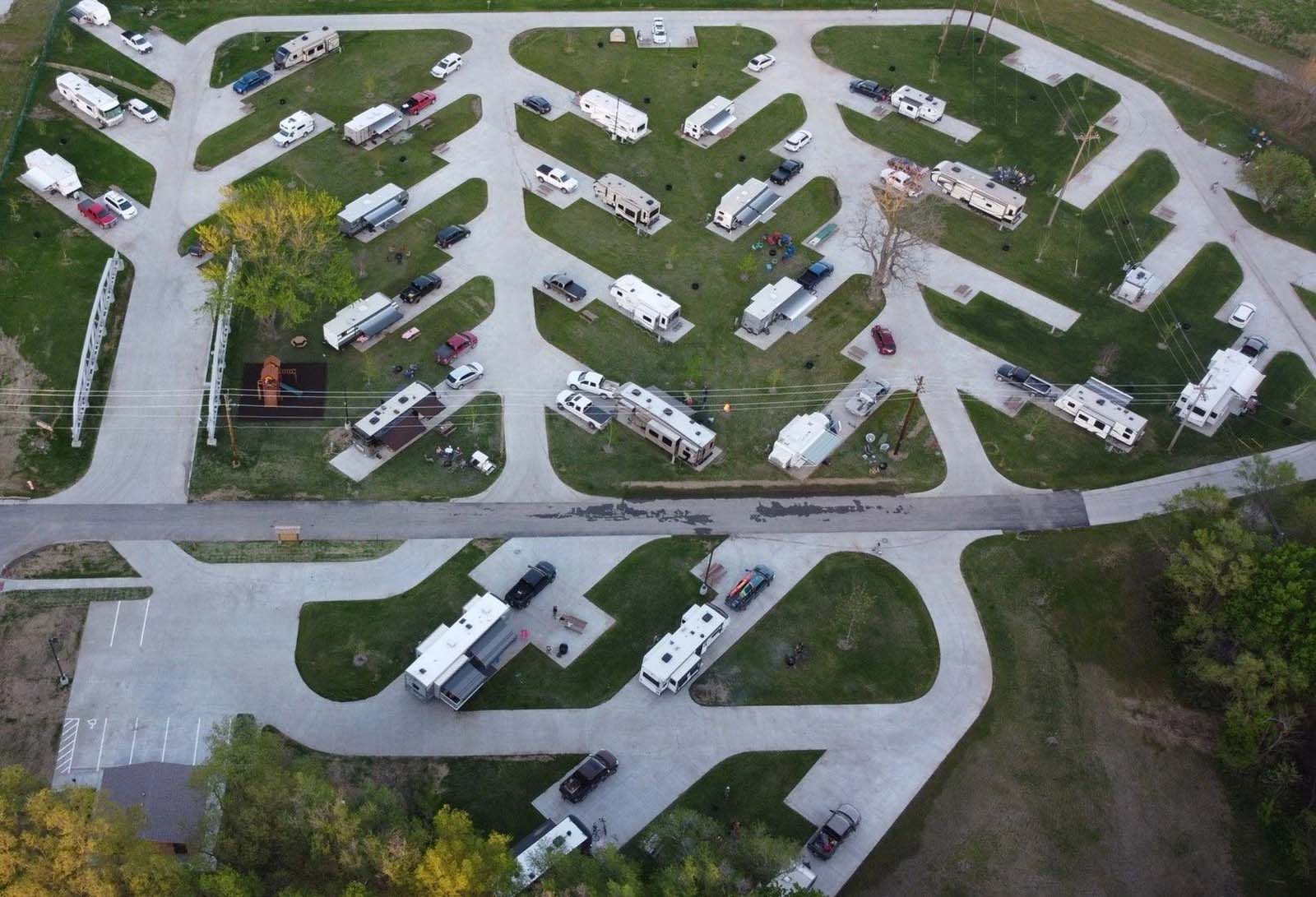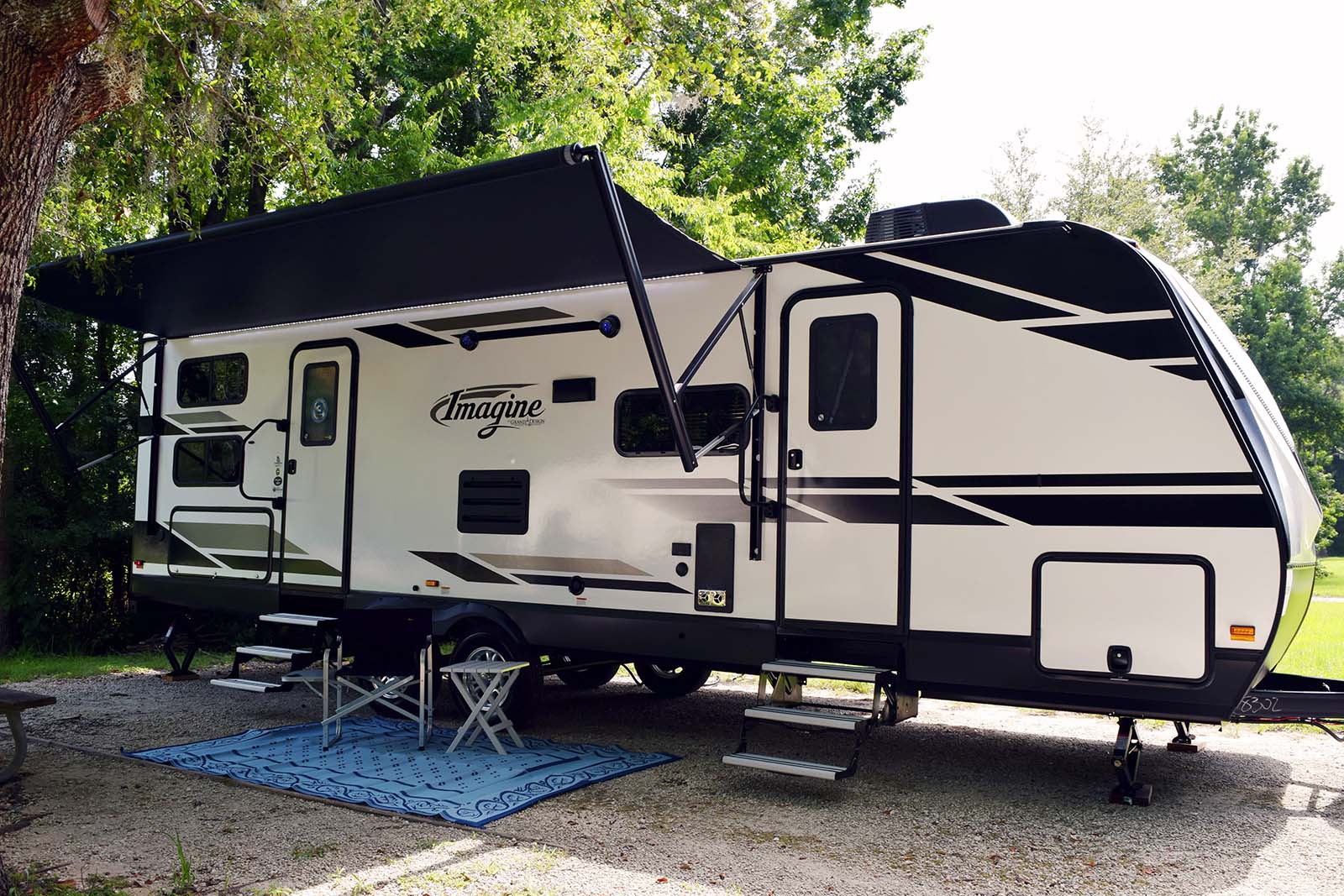Why won’t my RV battery charge?

Introduction: Having a fully functional and charged battery is essential for a smooth and hassle-free RV experience. However, there can be instances where your RV battery refuses to charge, leaving you with a frustrating situation. In this article, we will discuss some common reasons why your RV battery may not be charging and potential solutions.
H2: Malfunctioning Power Converter
If your RV battery is not charging, a possible culprit could be a malfunctioning power converter. The power converter is responsible for converting the AC power from shore power or a generator into DC power for your RV’s electrical system and charging the battery. A faulty power converter may fail to charge the battery properly. To troubleshoot this issue, you can check the voltage output of your power converter or have it inspected by a professional.

H2: Battery Age and Condition
Another cause for your RV battery not charging could be its age and condition. Over time, batteries lose their ability to hold a charge and may eventually become completely drained. If your battery is old or has been subjected to extreme temperatures, it may need to be replaced. Consider checking the battery manufacturer’s recommendations for the lifespan of your specific battery type and having it tested to determine if it needs replacement.
H2: Loose or Corroded Connections

Sometimes, loose or corroded connections can prevent your RV battery from charging effectively. Check the battery terminals, cables, and connections for any signs of corrosion, dirt, or loose-fitting. Clean the terminals and cables using a mixture of baking soda and water, and tighten any loose connections with a proper wrench. Regularly inspecting and maintaining these connections can help ensure a reliable charging process.
H2: Faulty Battery Charger
If you are utilizing a battery charger to charge your RV battery and it’s not working, the charger may be faulty. It is essential to use a charger compatible with your battery’s specifications. Check the charger’s user manual to ensure it matches the battery type and voltage. Additionally, examine the charger’s cables, connectors, and fuses for any damage. If you suspect a problem with the charger, consider borrowing or purchasing a new one to see if it resolves the issue.
H2: Battery Is in a Discharged State
Sometimes, it’s possible that your RV battery is simply in a fully discharged state, making it difficult for the charger or converter to initiate the charging process. Check the battery’s voltage using a digital multimeter to determine if it has any charge left. If it is completely discharged, you may need to use a trickle charger or a battery booster to kickstart the initial charging. Ensure you follow the manufacturer’s guidelines for safe and efficient use of these devices.
H3: Conclusion:
A non-charging RV battery can be quite frustrating, especially when you are planning a trip or relying on your RV’s electrical system. By examining the power converter, battery age and condition, connections, charger functionality, and battery charge level, you can troubleshoot and resolve the issue effectively. Remember to prioritize safety and consult professionals when needed to ensure a smooth and enjoyable RV experience.

